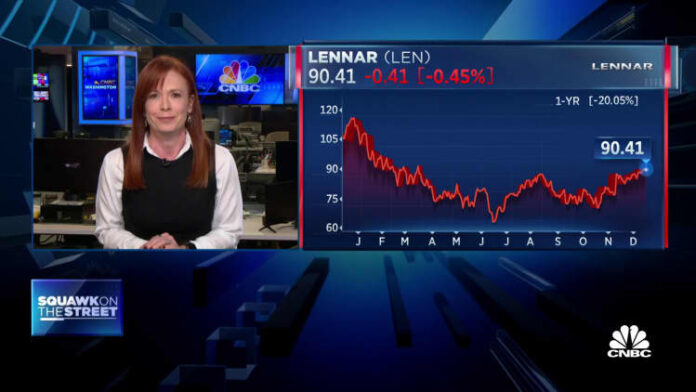As the housing market cools off quickly, house flippers are finding it harder to make quick profits.
According to ATTOM, a real estate data provider, gross profit, which is the difference between the median purchase price paid by investors and the median resale price, fell to $62,000 in the third quarter. That is 18.4% less than in the second quarter and 11.4% less than in the previous year. It represents the smallest gain since late 2019 and the fastest quarterly decline since 2009.
With that decline in gross profit, the return on invested capital fell to 25% from 30% in the previous quarter. Not bad, but not that good. Still, ATTOM notes that it’s not about the size of the wins, it’s about how fast they fall.
With shrinking profits and higher mortgage rates hurting affordability for potential buyers, the proportion of home sales that were flips also declined. About 7.5% were flips in Q3, still historically high but down from 8.2% in Q2. Flips, defined as homes bought and sold in a 12-month period, accounted for 5.9% of all home sales in Q3 2021.
Property prices are slipping fast while renovation costs remain high.
“It is evident that fix-and-flip investors are not immune to changing real estate market conditions,” said Rick Sharga, executive vice president of market intelligence at ATTOM, in a press release. “With weaker buyer demand, prices trending downward in recent months and financing rates significantly higher than at the start of the year, fins are facing a much tougher environment today and likely into 2023.”
House prices are still higher today than they were a year ago, but profits are shrinking dramatically every month. Mortgage rates are off their recent highs but are still more than double where they were earlier this year. The combination has caused home sales to decline for a total of nine straight months.
While mortgage rates have fallen slightly over the past two months, that may not matter too much for flippers, as about 64% of them use cash exclusively. This is unchanged from the previous quarters.
Another factor weighing on investors is the cost of the flip. Labor and material prices remain high and delays in the supply chain are still impacting renovation costs. The average time it took to turn a home in the third quarter fell slightly to 163 days after rising for three straight quarters. However, that’s still longer than the 149 days it took to turn a house in the third quarter of last year.
The markets with the highest flip rates were Phoenix; Spartanburg, South Carolina; Atlanta and Gainesville in Georgia; and Winston-Salem, North Carolina. The markets with the best returns were Buffalo, New York; Pittsburgh and Scranton in Pennsylvania; and Salisbury, Maryland.














